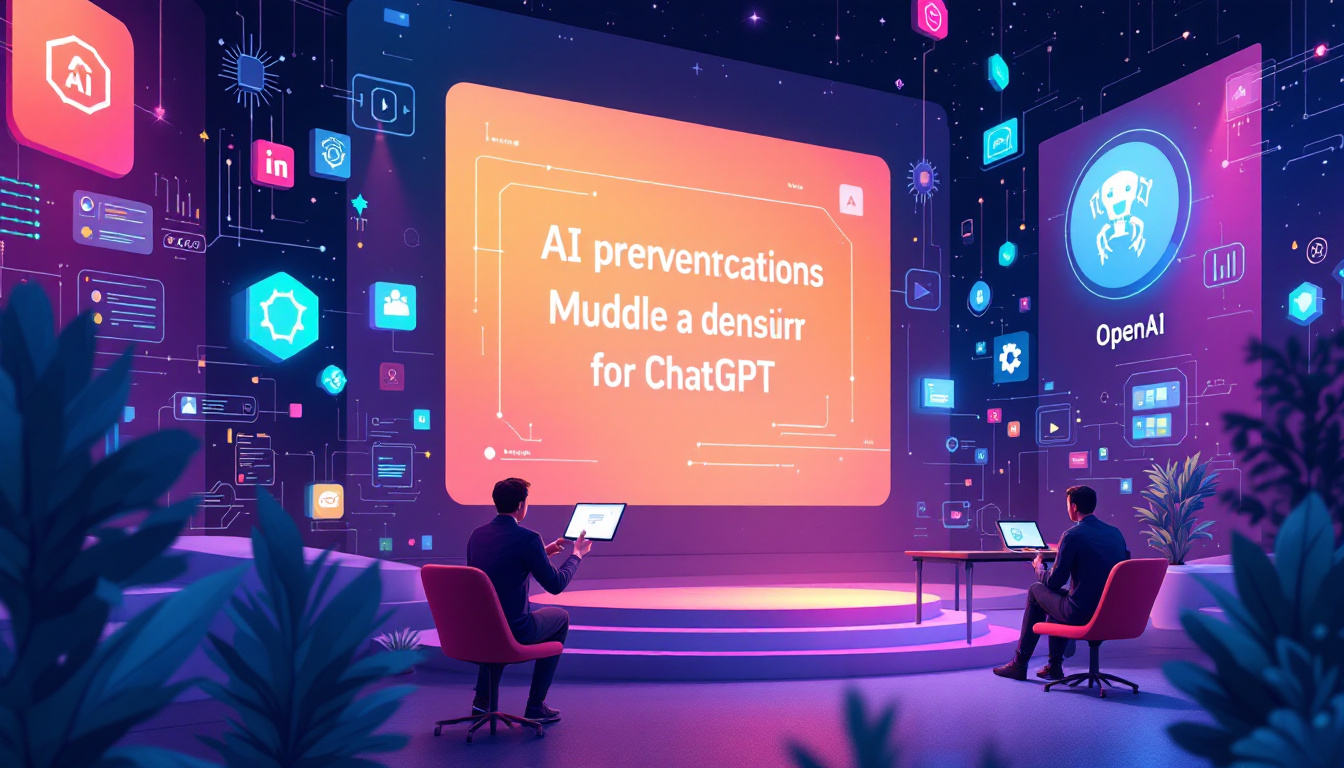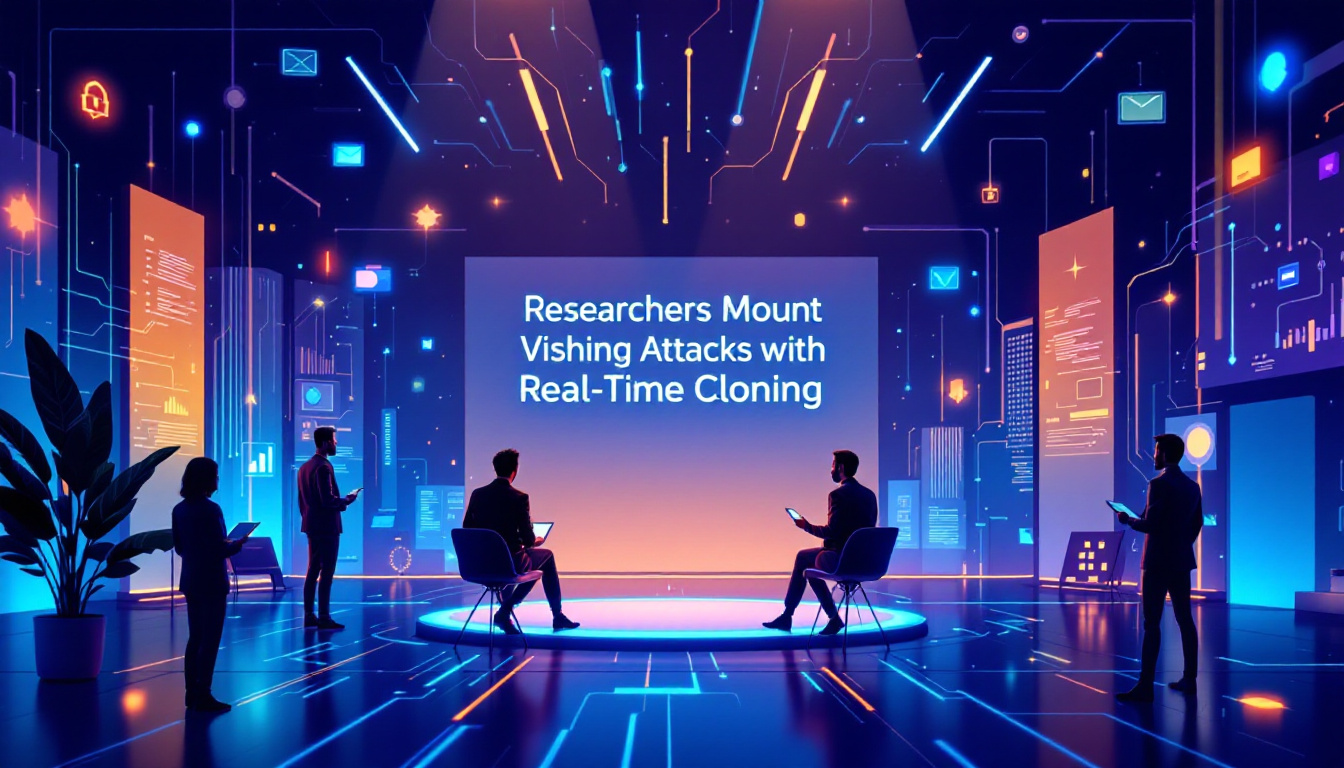OpenAI Introduces Parental Oversight Tools for ChatGPT
Let’s face it—AI is becoming an integral part of our lives, and for many parents, the thought of their teenager casually chatting with an advanced AI like ChatGPT can be both fascinating and nerve-wracking. OpenAI has taken a significant step toward addressing these concerns by rolling out new parental oversight tools designed to empower families while ensuring that teens engage with AI responsibly.
Why Parental Oversight Matters in AI Conversations
In a world where AI systems like ChatGPT can answer complex questions, assist with homework, or even act as a sounding board for personal thoughts, the stakes for responsible use are high. Teens are naturally curious, and while curiosity is a beautiful thing, it can sometimes lead to interactions that parents may not be comfortable with. For instance, how can you be sure that the AI won’t unintentionally provide inappropriate content or advice?
OpenAI seems to have heard these concerns loud and clear. The newly launched parental controls provide a way for guardians to monitor and guide how their teens use ChatGPT. This isn’t about stifling curiosity—it’s about creating a safer, more transparent environment for learning and exploration.
How the New Tools Work
The parental oversight tools are designed to be user-friendly and effective. Parents can set specific usage parameters, such as limiting session durations, defining approved topics, or even flagging certain types of queries for review. For instance, if your teen is using ChatGPT to research sensitive topics like mental health, these tools can alert you, ensuring you’re part of the conversation.
Additionally, OpenAI has implemented safeguards to ensure that the AI adheres to strict ethical guidelines. For example, the system is designed to avoid offering medical, legal, or financial advice. These features are a direct response to feedback from educators, parents, and the broader tech community.
A Real-World Scenario
Let’s consider a real-world example. Imagine your 14-year-old son is preparing a report on climate change. He turns to ChatGPT for help. While the AI provides excellent insights, it also shares data that might be misinterpreted without proper context. With parental oversight in place, you can review the interaction, ensuring your teen understands the nuances and avoids misinformation.
“These tools are not about spying—they’re about fostering trust and guiding responsible use,” says Jane Doe, a tech ethicist and parent of two teenagers.
Comparing OpenAI’s Approach with Others
OpenAI’s move is part of a broader trend in the tech industry to prioritize ethical AI use. For example, Google recently introduced family-focused features for its AI tools, and Microsoft has been vocal about the importance of AI transparency. However, OpenAI’s approach stands out due to its balance between functionality and user privacy. Unlike some systems that might overly restrict usage, OpenAI’s tools are customizable, allowing parents to tailor the experience to their family’s needs.
What’s Next for AI and Families?
As AI becomes more embedded in our daily lives, the conversation around its responsible use will only grow louder. OpenAI’s parental oversight tools are a step in the right direction, but they’re just the beginning. Future updates may include even more granular controls, such as keyword-level filters or real-time notifications. In the long run, the goal is to create an ecosystem where AI serves as a trusted partner for learning and growth—not a source of anxiety.
For parents, this is a call to action. AI is not something to fear—it’s something to understand and engage with. By taking advantage of tools like these, you’re not just protecting your teen; you’re empowering them to navigate the digital world responsibly.


